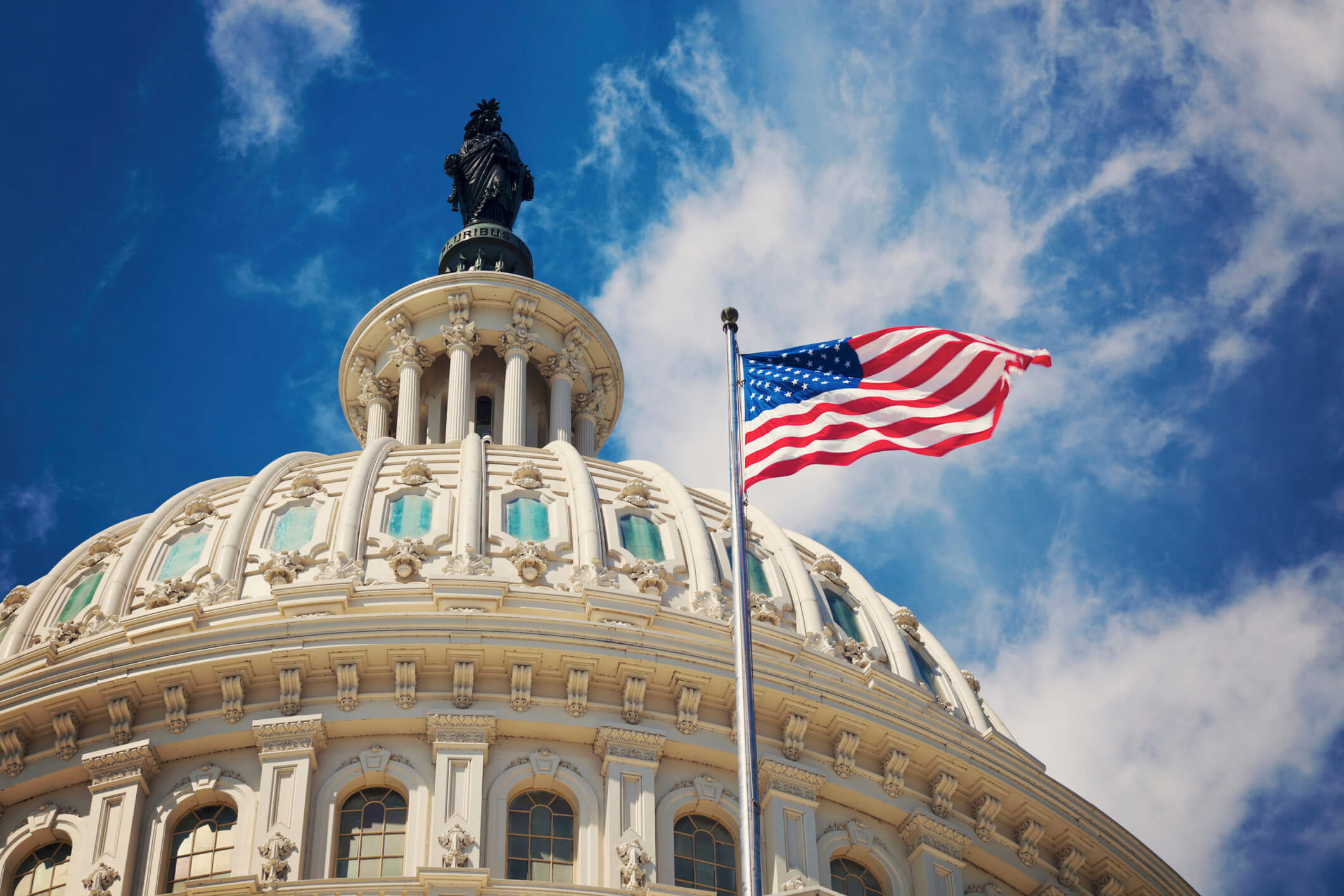Snowstorm Spurs Deal to Continue Government Funding. Despite all the negotiations, closed-door meetings, and political caterwauling, a mild snowstorm was perhaps the catalyst for a flurry of activity that saved us—again—from a federal government shutdown. Seeking to get out of town before snow descended on the Washington, D.C., area, on January 18, 2024, the U.S. Congress passed another continuing resolution that will extend funding for the federal government to March 1 and March 8, 2024 (instead of January 19 and February 2, 2024). This will be the third time that Congress has had to postpone a final deal on fiscal year 2024 appropriations.
To Defer or Not Defer. Administrative law wonks were on high court alert this week, as the Supreme Court of the United States heard oral argument in two consolidated cases concerning the viability of so-called “Chevron deference.” Chevron v. Natural Resources Defense Council—decided forty years ago—requires federal courts to defer to agencies’ reasonable interpretations of ambiguities in the statutes they administer. Critics of Chevron claim that the decision has given too much authority to federal regulators’ interpretations of statutes when statutory interpretation should be a job for the judicial branch. Proponents of the doctrine argue that it helpfully constrains federal judges from making policy calls on issues that they know little about. Ultimately, the Court’s decision could have a significant impact on agencies’ enforcement actions and regulatory agendas. Expect a decision around June of this year.
Immigration Update. It was a busy week for immigration policy news. Here is what the Buzz is tracking:
- H-1B Filings to be available online. Late last week, U.S. Citizenship and Immigration Services (USCIS) announced that in February 2024, it will make available online organizational accounts “to increase efficiency and ease collaboration for organizations and their legal representatives.” The organizational accounts will allow multiple individuals from the same organization to prepare and file H-1B registrations, petitions, and premium processing requests.
- H-1B modernization reg. moves forward. USCIS’s regulatory proposal to modernize the H-1B visa program has moved on to the Office of Information and Regulatory Affairs (OIRA) for review. This is a quick step forward in the rulemaking process, as the public comment period closed less than one month ago. In its proposal, USCIS indicated that it “may move to finalize the proposed provisions through one or more final rules,” but it is unclear at this time what is actually being reviewed by OIRA. If USCIS is moving to finalize the proposal via separate rulemakings, it is possible that OIRA may just be reviewing the beneficiary-centric selection procedure portion of the proposal.
- Fee schedule. OIRA is also reviewing USCIS’s proposal to increase fees for certain immigration and naturalization benefit requests. As proposed, the regulation would significantly increase fees on employers that supplement their workforces with foreign workers. In just one example, USCIS is proposing to increase the H-1B registration fee from $10 to $215—a 2,050 percent increase.
- H-2B cap reached. USCIS announced that it “has received enough petitions to reach the cap for the additional 20,716 H-2B visas made available for returning workers for the first half of fiscal year 2024 with start dates on or before March 31, 2024.” The supplemental visas were made available pursuant to a temporary final rule published in November 2023. Natalie L. McEwan has the details.
Employee Retention Credit: Accelerated Termination? Who says Congress can’t get anything done? In what may be described as a rare moment of bipartisanship, this week Senate Finance Committee Chairman Ron Wyden (D-OR) and House Ways and Means Committee Chairman Jason Smith (R-MO) announced that they had come to an agreement on a bipartisan, bicameral, tax package. The Tax Relief for American Families and Workers Act of 2024” (H.R. 7024) would make changes to the child tax credit, low-income housing tax credit, and research and development deductibility, among other provisions. Here is why employers should take note: in addition to these changes, the framework proposes to end the CARES Act Employee Retention Credit (ERC) program as early as January 31, 2024. (Currently, 2020 ERC claims must be filed by April 15, 2024, and 2021 claims must be filed by April 15, 2025). The House Committee on Ways and Means was scheduled to mark up the bill today, so this could move quickly (though passage by January 31 would be unusually fast).
U.S. Senators: “I Can Buy Myself Flowers.” In addition to passing legislation to continue federal government funding, senators did other important work this week: they passed a resolution (S. Res. 526) to repeal the ban on flowers on the U.S. Senate floor. Way back when, the opening of each Congress was quite a spectacle, and there was a tradition of family members, friends, and political supporters sending their favorite legislators flowers to be displayed throughout the legislative chamber and adjoining galleries. The practice eventually became unwieldy, messy, and contentious (some legislators supposedly sent themselves flowers in secret in efforts to artificially inflate their own popularity), so flowers were banned on the Senate floor in 1905. In 1983, a floral exception was made in the event of the death of a sitting senator. This week’s resolution says “hosta la vista” to both the 1905 and 1983 resolutions.





